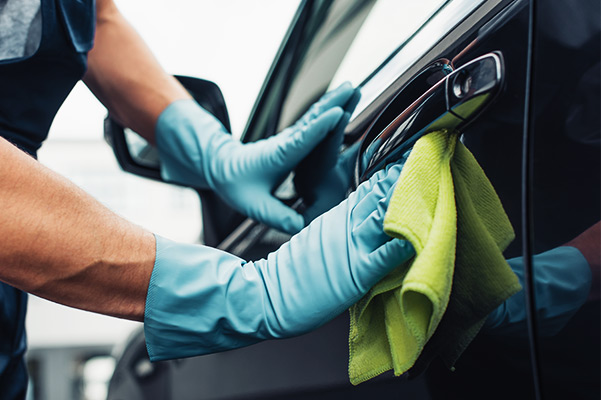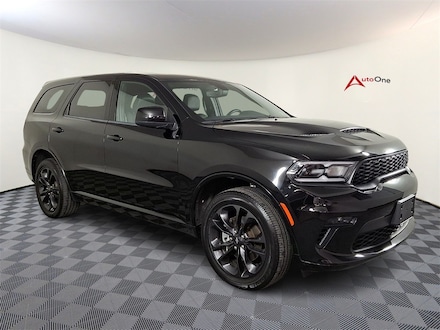
Cleaning Your Car
Tips on How to Clean Your Car
At AutoOne Lancaster, we fully understand the concerns our customers have about exposure to COVID-19, or coronavirus. Community members around Lancaster are wearing gloves, regularly using hand sanitizer and disinfecting any items they purchase in order to reduce the risk of exposure to germs. What's often overlooked, though, is that once you buy these items and load them into your car, they are then touching the interior of your vehicle. According to the World Health Organization, studies suggest that the coronavirus may live on surfaces for a few hours or up to several days. That means that you should be sanitizing the interior of your car to kill any germs it may have collected on your last visit to the grocery store or pharmacy.
To combat this AutoOne Lancaster is curretnly offering PermaSafe Protective Coatings to customers! PermaSafe is a state-of-art, vehicle disinfection and long term microbial control system and surface protectant engineered specifically for automotive use! Our store is currently offering a Permasafe Vehicle Interior Sanitization Installment for $299. This service includes disinfection of your vehicle's passenger cabin, air ventilation system and duct work, trunk and other cargo areas. Click here to find out more or watch the video below!

How Long Does Coronavirus Survive on Surfaces?
Does your car come with leather seats, cloth material or include plastic on the dash? One of the challenges in sanitizing your vehicle comes with the fact that many cars contain various surfaces and require several different tools for cleaning. According to the National Institutes of Health, the virus that causes COVID-19 is stable for up to 24 hours on cardboard and up to two to three days on plastic or stainless steel. Another study suggests that similar viruses can live on "inanimate surfaces like metal, glass or plastic for up to nine days."

What's the Best Way to Sanitize My Car's Interior?
Before you begin sanitizing your vehicle, wash your hands and put on a pair of disposable gloves if you have some handy. Most common EPA-registered household disinfectants will work well for sanitizing your vehicle. Just be sure to read the product's label to make sure it's safe for the surface you're planning to use it on. It's also wise to keep disinfectant wipes and a small bottle of hand sanitizer in your car so you can wipe down areas you touch frequently.

How to Clean Leather Seats in My Car
If your vehicle has leather seats, be sure to spot test any leather cleaner you use on a hidden area to ensure it will work well for the specific material. Avoid scratching the leather by using a microfiber cloth during cleaning, and once complete, apply a leather conditioner. Don’t have any leather cleaner in the house? Create your own DIY disinfectant by mixing two parts vinegar with one part water.

How to Disinfect Surfaces in My Car
The most important areas of your car, truck or SUV to keep clean are the dashboard and the steering wheel. Bacteria tends to collect in these spots, as air is cycled throughout the vehicle. To clean your dash, simply use soap and water. Dish soap works well for this application -- just dampen the surface and scrub for 20-30 seconds. You'll want to focus your cleaning on high-contact surfaces like your dash and steering wheel. Other high-touch surfaces can include:
- Door Handles
- Door Buttons
- Key Fob
- Steering Wheel
- Inside Door Buttons
- Seat Belts
- Gear Shifters
- Touchscreens
- Buttons on the Dash
- Buttons for Lights
- Buttons for Windshield Wipers
- Glove Compartment
Do I Need to Disinfect My Car's Exterior?
Although the sun and other weather elements can help diminish the effect of germs on the outside of your vehicle, it's still smart to sanitize areas you touch regularly. Some locations include the door handles, handle buttons and gas cap.
Are There Disinfectants I Should Avoid Using in My Car?
If you want to avoid damaging your model's interior surfaces, don't use bleach or hydrogen peroxide to disinfect. These can damage the vinyl and plastics in your cabin. You should also avoid any ammonia-based cleaning products used to clean glass, as they can break down the vinyl on the dashboard. Heat and light may then cause your dashboard to become sticky.



